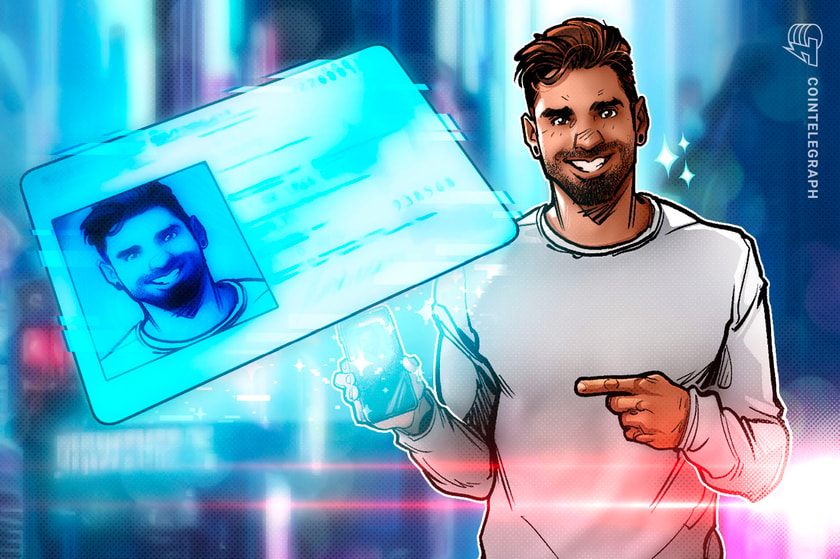
Policy Exchange published its report on Web3 containing 10 proposals for the U.K. government.
The United Kingdom has an opportunity to capitalize on the departure of Web3 firms leaving the United States due to regulatory uncertainty. But to achieve that, the U.K. will need to follow its own regulatory path, smoothing the requirements for crypto in some regard, according to a think tank.
On Oct. 2, the influential conservative think tank Policy Exchange published a report on Web3 with 10 proposals for the U.K. government, which it claims would help the country improve Web3 regulation.
One proposal made in the report is limiting the liabilities of individuals who hold tokens in a decentralized autonomous organization (DAO). The report cites a negative example of a recent ruling in the U.S. that makes any individual American who owns or previously owned tokens in a DAO liable for any violations of the law the DAO commits.
Related: UK to launch Digital Securities Sandbox in Q1 2024
The report also suggests the principal U.K. financial regulator, the Financial Conduct Authority (FCA), loosens its current Know Your Customer (KYC) approach, allowing for the use of “alternative and innovative techniques,” such as digital identities and blockchain analytics tools.
The experts say the U.K. should avoid undermining self-hosted wallets and regulating proof-of-stake services as a financial service. Among other proposals are allowing private stablecoin issuers to place stablecoin reserves in the Bank of England, creating a “tax wrapper” for the crypto exchange and creating a new sandbox under the Department for Science, Innovation and Technology.
Recently, U.K. regulators have taken a more stringent approach to the digital assets industry. His Majesty’s Treasury is considering banning all cold calls promoting crypto investments, and the FCA has warned local crypto businesses to follow its marketing rules or face consequences.












